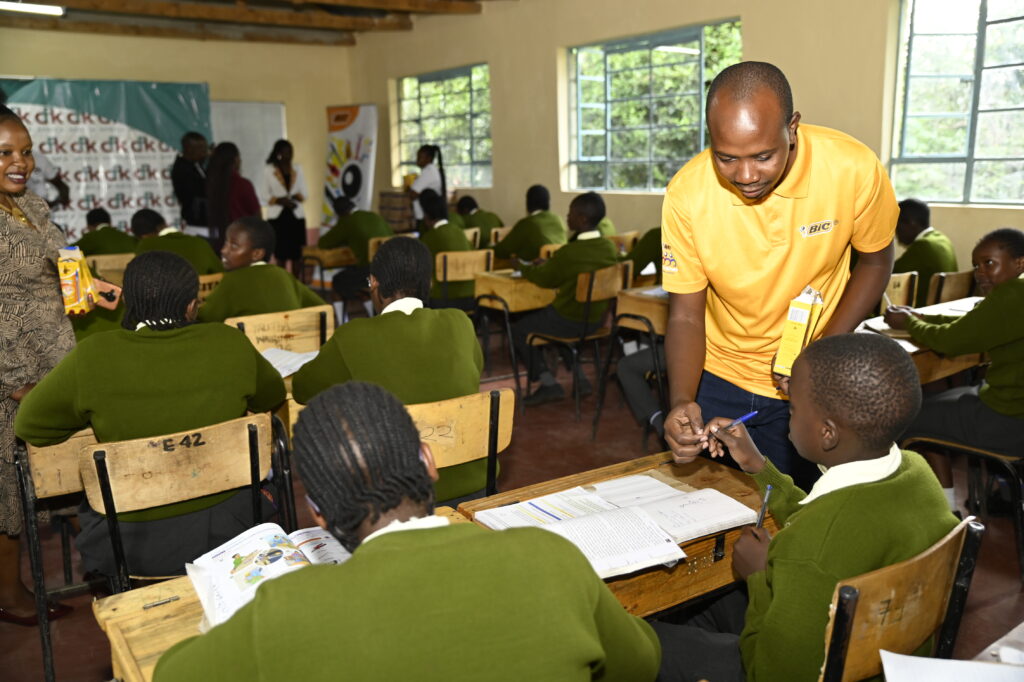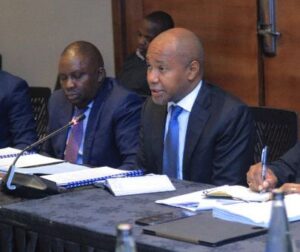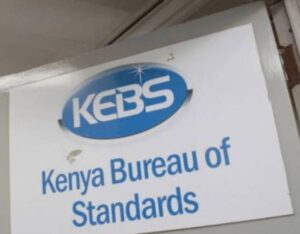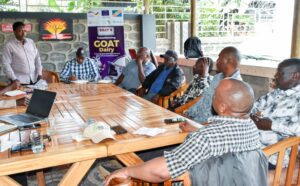
While the Constitution of Kenya guarantees every child the right to free education, poverty remains a major challenge for school-going children across the country.
Basic learning materials such as pens, books, and other stationery are often left to parents to provide a disadvantage for families with limited means.
Combined with hidden school-related costs, many children are forced to skip classes or drop out altogether.
In the 2024/25 financial year, the government allocated Sh656 billion to the education sector, including funding for free primary and secondary education.
While it is clear that the state has made substantial strides in prioritizing education in the national budget, persistent challenges continue to require the intervention of parents, well-wishers, and non-governmental organizations.
Roda Kipkore, the principal of Arap Moi Primary School in Nkoroi, Kajiado County, says that support from NGOs plays a vital role in sustaining education, especially in underprivileged communities.
“Most of our learners come from needy families, and when they receive pens, it greatly supports their studies. A pen is a tool that reads the mind of the learner. Without it, they cannot express their wisdom and knowledge,” she says.
She notes that although pens are relatively inexpensive, they are often lost, and replacing them daily at Sh25 is not affordable for many parents.
“We identify the most vulnerable learners and ensure they receive the necessary materials. The government provides books and other resources, but pens come only once yet learners may lose them within a week. Access to learning materials is a key factor in good academic performance,” Roda said during a pen donation event at the school organized by CFK Africa and the BIC Foundation.
READ: How Needy Students Were Left Out in New Higher Education Funding Model
Esther Kinyoa, a parent and member of the school’s Board of Management (BOM), says that some families are so needy that their children go without food, let alone learning materials.
“Some children come to school on empty stomachs. Occasionally, I’m called in as a BOM member to handle cases where children have fainted in class,” she says.
“In 2023, when my daughter joined Grade 7, we were required to buy 200-page A4 books. Some parents couldn’t afford them, and their children stayed home because they lacked the required materials,” Esther recalls.
Mediatrix Tuju, Program Manager at CFK Africa, emphasizes that simple tools like pens can have a significant impact on a child’s education journey.
The organization partners with schools and other institutions to distribute learning materials across Nairobi and beyond.
“Items like pens may seem minor, but they are powerful in shaping a child’s academic performance. We collaborate with schools to identify the most affected learners and support them. In Nairobi alone, we partner with 47 schools in Kibera. While we cannot reach every student, our focus is on those who need the most help,” Mediatrix says.




